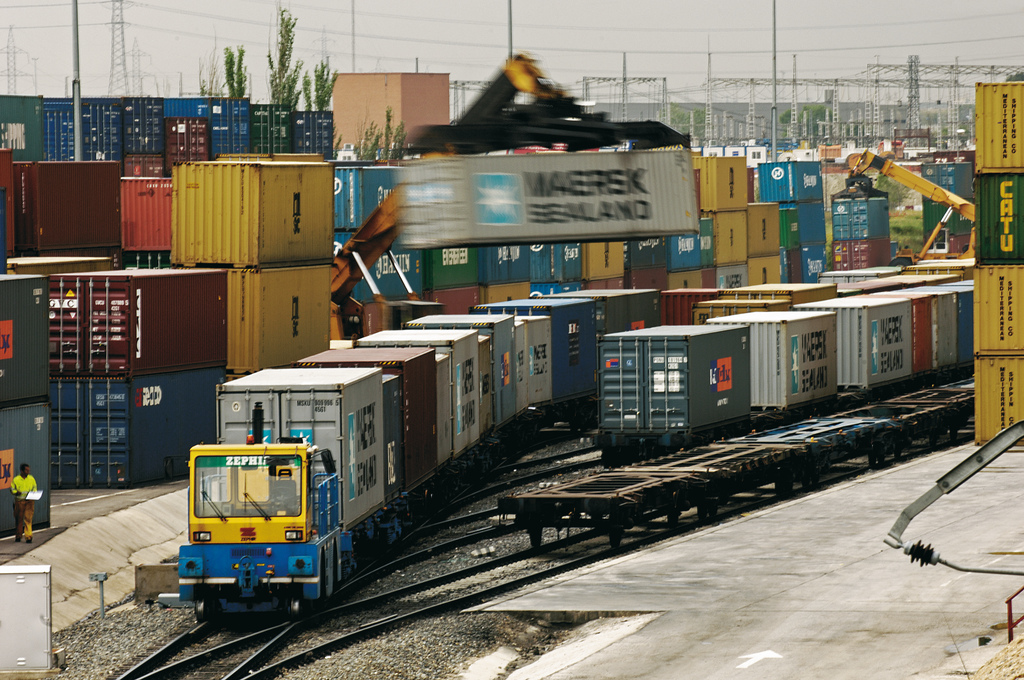You may never have heard of dry ports, however, they are very important for logistics and the supply chain in international trade. Moreover, Spain is one of the gateways to Europe for all types of goods, so the country’s logistics ecosystem must be efficient, and this is achieved, among other things, through dry ports.
Dry ports, also know as inland ports play a key role in connecting maritime ports with inland destinations. They act as intermediaries and serve as transportation and distribution centres. These ports combine different modes of transportation, such as roads, rail and even air, offering an effecient alternative to traditional port-to-port transportation. In addition, rail transport is a much more environmentally sustainable option as it reduces the number of long-distance trucks on the roads.
They offer connectivity and accessibility by integrating these means of transport, creating opportunities for national and international markets. Another significant advantage is their ability to reduce congestion at seaports, sometimes these are too small for the volume of trades and therefore operations are slowed down by the lack of infrastructure.
Last but not least, dry ports represent a development opportunity for the area in which they are established as they attract investment and companies that generate employment. For that reason, it can be affirmed that the future of this type of ports is assured, as international trade is booming and therefore, the efficiency in the supply chain will depend on them, specifically in Spain, the dry ports of Madrid or Zaragoza will be of great importance in Europe if they do not already have it.
